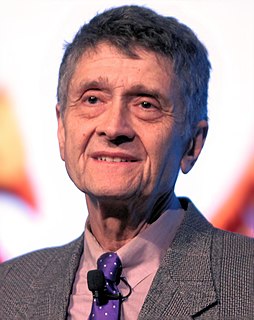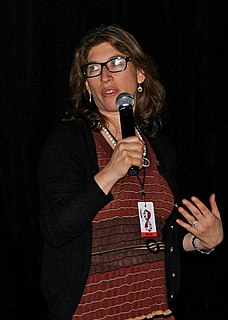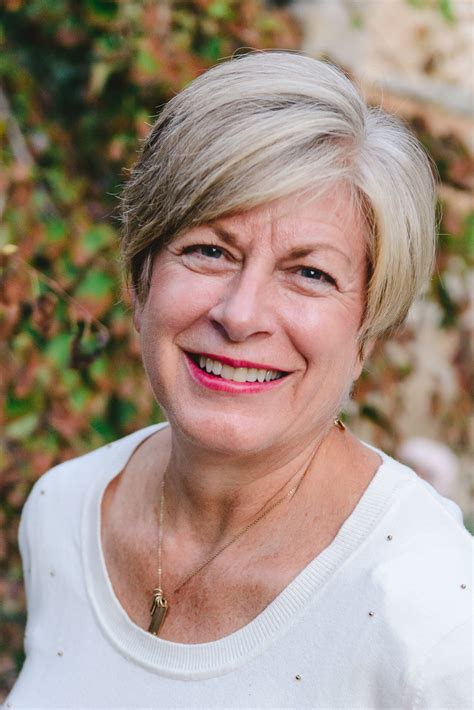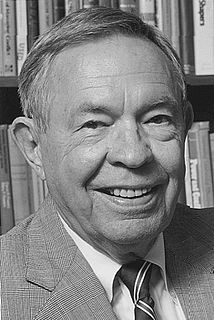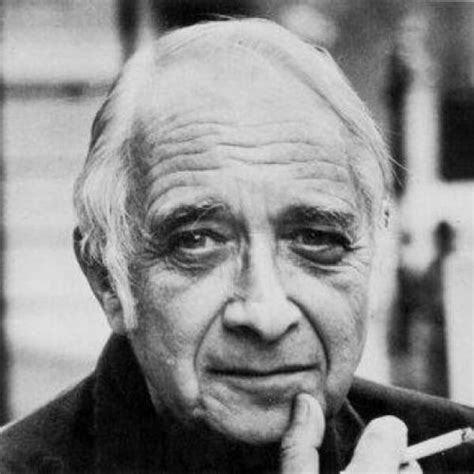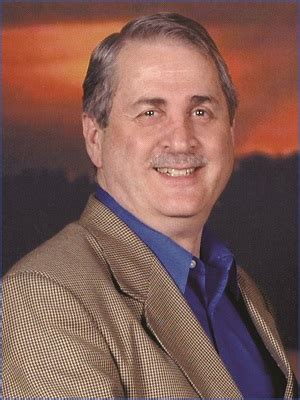A Quote by Michael Medved
Unfortunately our children today seem to spend less and less time with their overworked parents, and so they draw more information about the world from the images on movie and TV screens. The true power of the media is the ability to redefine reality, to alter our expectations about what constitutes normal life. TV and the movies have abused that power by advancing the notion that wholesome, ordinary happiness is impossible.
Quote Topics
Ability
About
Advancing
Alter
Children
Draw
Expectations
Happiness
Images
Impossible
Information
Less
Less Time
Life
Media
More
Movie
Movies
Normal
Normal Life
Notion
Ordinary
Our
Our Children
Parents
Power
Reality
Redefine
Screens
Seem
Spend
Time
Today
True
True Power
TV
Unfortunately
Wholesome
World
Related Quotes
The economist Juliet Schor talks about how our reference group has changed over the last twenty-five years. As we spend less time with our neighbors, we're spending more time with people we know from TV and social media, and this becomes our new reference group. The media is full of images of people with wealth, and we're comparing ourselves to them and aspiring to what they have. Instead of keeping up with the Joneses family, we're trying to keep up with the Kardashians, even though it's completely unrealistic.
All around the country, individuals are choosing to redefine their lives and the pursuit of happiness in ways much closer to the original notion put forth by our Founding Fathers. Their notion of the "pursuit of happiness" wasn't just about acquiring money and power, but about doing your part to add to the civic happiness of the community.
Mothers who know do less. They permit less of what will not bear good fruit eternally. They allow less media in their homes, less distraction, less activity that draws their children away from their home. Mothers who know are willing to live on less and consume less of the world’s goods in order to spend more time with their children—more time eating together, more time working together, more time reading together, more time talking, laughing, singing, and exemplifying. These mothers choose carefully and do not try to choose it all.
Where would we in Washington and we in America be without the Center? We would know much less about the workings of our Congress, and our tax dollars. We would know much less about the powers of the Executive, and its ability to hide wrong doing behind secrecy and classification. The Center takes the notion of integrity very seriously, and its investigations are a model for today's good journalism and, we all hope, an inspiration for the mainstream press to do more.
Our homes need to be more Christ-centered. We should spend more time at the temple and less time in the pursuit of pleasure. We should lower the noise level in our homes so that the noise of the world will not overpower the still, small voice of the Holy Ghost. One of our greatest goals as parents should be to enjoy the power and influence of the Holy Ghost in our homes.
An adolescent does not rebel against her parents. She rebels against their power. If parents would rely less on power and more on nonpower methods to influence their children from infancy on, there would be little for children to rebel against when they become adolescents. The use of power to change the behavior of children, then, has this severe limitation: parents inevitably run out of power, and sooner than they think.
Americans seem to be living in a state of fear about the world, one that just keeps intensifying. I mean, look at our cars and homes. They've become these massive barricades. Look at what we watch on TV and in the movies - it's all a bunch of violent ideation. And all these TV shows about dead bodies.
Science remains the author of our major problem, in its gift of tremendous power that has been terribly abused; but for the wise use of this power we need more, not less, of the objective dispassionate scientific spirit. For our philosophical purposes we need more of its integrity and its basic humility, its respect at once for the fact and the mystery.
Simply put, we have to be smart about how we use our power. Not because we have less of it ? indeed, the might of our military, the size of our economy, the influence of our diplomacy, and the creative energy of our people remain unrivaled. No, it's because as the world has changed, so too have the levers of power that can most effectively shape international affairs.
Technology today is the campfire around which we tell our stories. There's this attraction to light and to this kind of power, which is both warm and destructive. We're especially drawn to the power. Many of the images of technology are about making us more powerful, extending what we can do. Unfortunately, 95 percent of this is hype, because I think we're powerful without it.
As humans, we are rarely anything more than children that have let the changes to the size and shape of our genitals convince us that there are more important things in life than wonder and happiness. we call the acceptence of this change 'growing up' and it makes us feel big and powerful in a world that would be no less mysterious to us than it was before if all of the fantasizing that we once used to explore the "unknown" quality of our reality had not become devoted almost exclusively to the notion that we are in control.
I think that's what we need more of: Asian-Americans on movie screens and TV screens where they're normalized. Where it's not about them being Asian or a person of color. It's just about them being a human. I think that's why sometimes when I see movies with an Asian family, but it's very stereotyped, I don't find that relatable.
